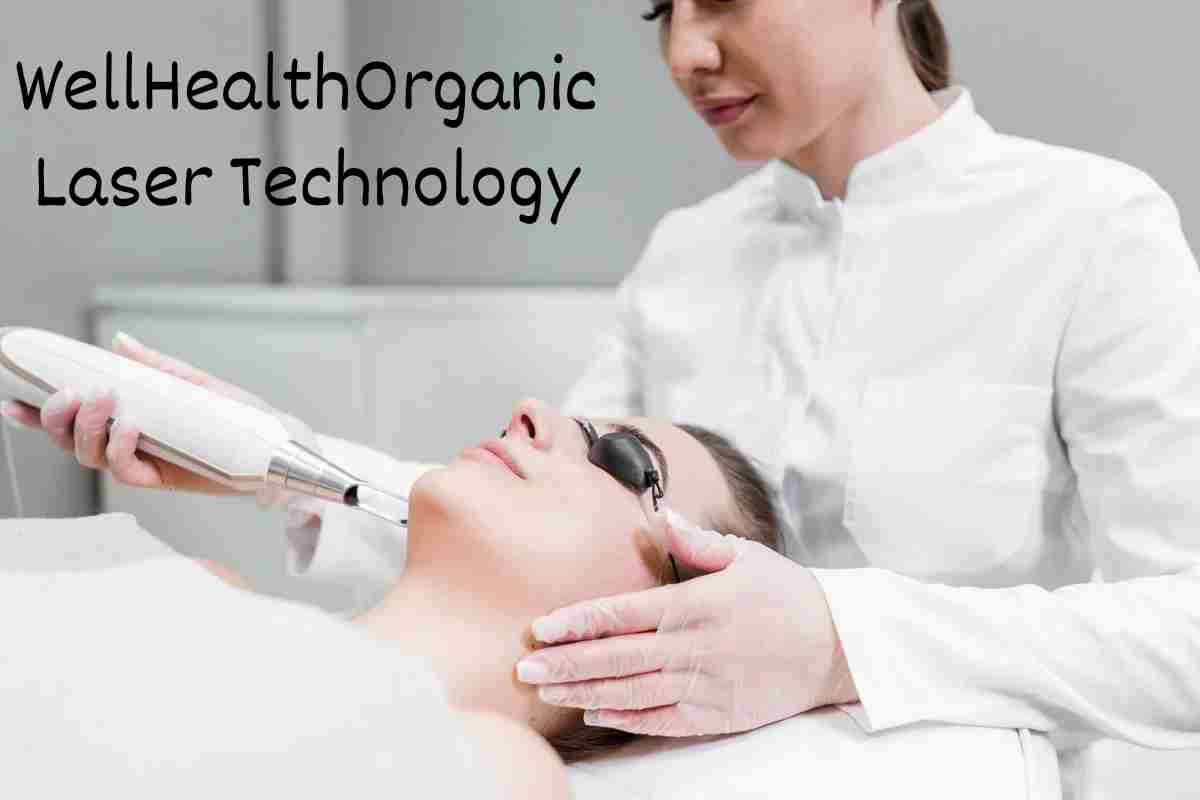WellHealthOrganic laser technology has revolutionized the medical field in recent years, offering precise, minimally invasive treatment options across various specialties. This comprehensive guide explores this cutting-edge technology’s fundamentals, applications, and benefits.
Table of Contents
The Science Behind WellHealthOrganic Laser Technology
Fundamental Principles
WellHealthOrganic laser technology operates on the principle of controlled light emission. These specialized medical lasers produce concentrated beams of light at specific wavelengths, allowing for precise targeting of tissues while minimizing damage to surrounding areas. The technology utilizes advanced optical systems and cooling mechanisms to ensure optimal performance and patient safety.
Types of Laser Systems
Different medical procedures require various types of laser systems:
- Ablative lasers for tissue removal
- Non-ablative lasers for skin rejuvenation
- Fractional lasers for targeted treatment
- Low-level laser therapy (LLLT) for healing and pain management
Clinical Applications of WellHealthOrganic Laser Technology
Dermatological Treatments
WellHealthOrganic laser technology has transformed dermatological care, offering solutions for:
- Skin resurfacing and rejuvenation
- Scar reduction and removal
- Treatment of pigmentation disorders
- Hair removal procedures
- Vascular lesion treatment
Surgical Applications
Modern surgical practices increasingly rely on laser technology for:
- Minimally invasive procedures
- Precision cutting and tissue ablation
- Reduced bleeding during operations
- Faster healing times
- Lower risk of post-operative complications
Ophthalmological Procedures
Eye surgery has been revolutionized through:
- LASIK vision correction
- Retinal treatments
- Cataract surgery
- Glaucoma management
Benefits and Advantages
Patient Benefits
WellHealthOrganic laser technology offers numerous advantages for patients:
- Reduced recovery time
- Minimal scarring
- Less post-procedure pain
- Higher precision treatment
- Fewer complications compared to traditional methods
Clinical Benefits
Healthcare providers benefit from:
- Improved surgical accuracy
- Better treatment outcomes
- Increased procedure efficiency
- Greater versatility in treatment options
- Enhanced patient satisfaction
Safety and Quality Assurance
Safety Protocols
WellHealthOrganic laser technology incorporates multiple safety features:
- Advanced monitoring systems
- Automatic shut-off mechanisms
- Temperature control systems
- Power regulation features
- Real-time feedback systems
Quality Management
To maintain optimal performance, facilities must:
- Regular calibration and maintenance
- Operator training and certification
- Documentation of procedures
- Compliance with regulatory standards
- Continuous quality assessment
Future Developments
Emerging Technologies
The field continues to evolve with:
- AI-integrated laser systems
- More precise targeting mechanisms
- Enhanced energy delivery systems
- Improved tissue-specific treatments
- Advanced cooling technologies
Research Directions
Current research focuses on:
- New applications in various medical fields
- Improved treatment protocols
- Enhanced safety mechanisms
- Integration with other medical technologies
- Cost-effective solutions
Conclusion
WellHealthOrganic laser technology significantly advances medical care, offering precise, effective, and minimally invasive treatment options. We can expect even more innovative applications and improved patient outcomes as technology evolves.


